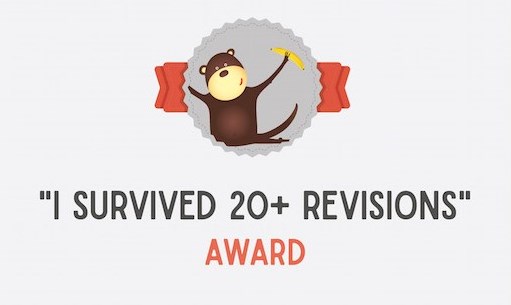We found this article by Joshua Becker about how we measure success to be a real eye opener. Take a look.
’…Minimalism has changed me. What began as just a journey to own less stuff has changed the way I view myself and the world around me in significant ways.

One of the most significant changes is my reevaluation of how society defines success. Too often, those who make and spend and keep the most resources for themselves are labelled as the “successful ones.”
But this is unfortunate. Some of the best people I know would not be regarded as successful in worldly terms — precisely because they have decided to spend and focus their resources on less material things.
These people are far too rare — or at least, they do not get enough recognition. Instead, it seems ingrained in us to desire and appreciate the praise and the admiration of others. And because of that, many people will compromise greater and more worthwhile pursuits for the facade of temporal, worldly success.
I think it is important for us to no longer take the bait — to no longer heap accolades on those who flaunt selfish pursuits.
To that end, because of how my view of the world and its people has begun to change, I will offer a short list of things that no longer impress me:
1. The brand name of your clothing
Manufacturing practices are important. So is quality and fit. Why the name printed on the inside (and often times the outside) matter, I will never understand. Too often, people pay a premium just for the privilege of become a walking billboard. I am no longer impressed by the logo on your shirt, your purse, or the face of your watch.
Instead, I admire those who are confident in timeless fashion and seek to make an impression by their character and their countenance.





